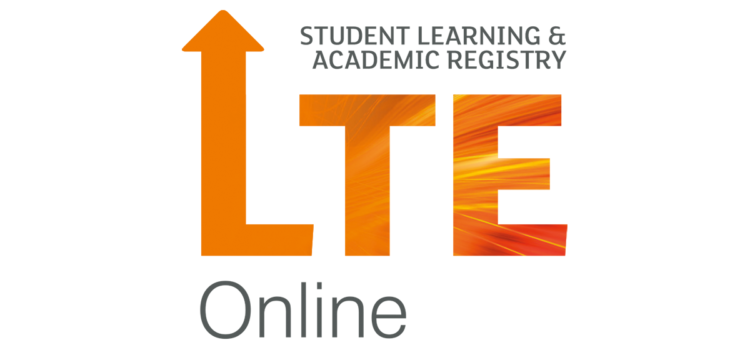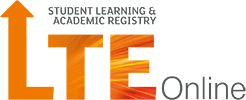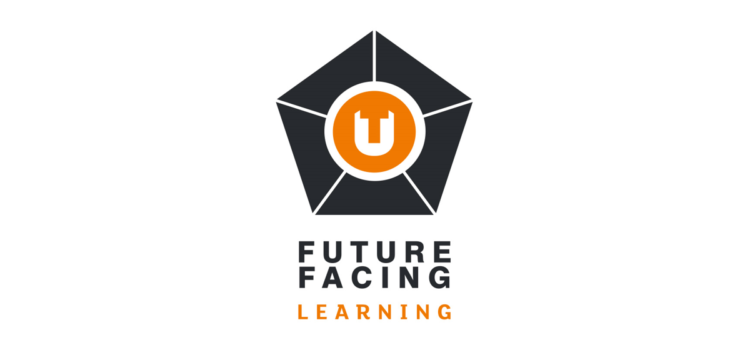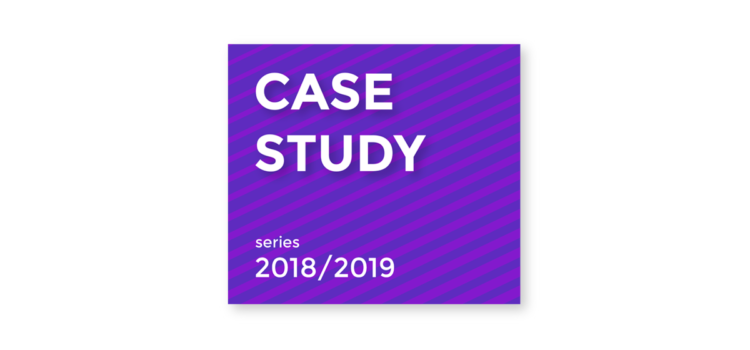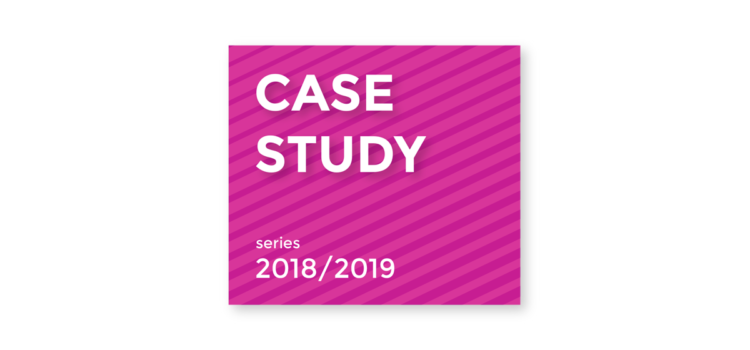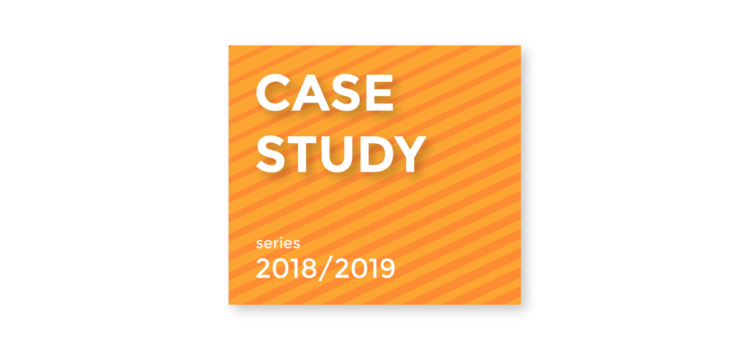🌟 New ‘Teesside University Excellence Case Study’ Alert! 🌟 We are excited to present the latest Teesside University Excellence Case Study, featuring Paul Hunter, Principal Lecturer in Learning and Teaching for the School of Health and Life Sciences (SHLS). The
Teesside University Excellence Case Study – Paul Hunter
